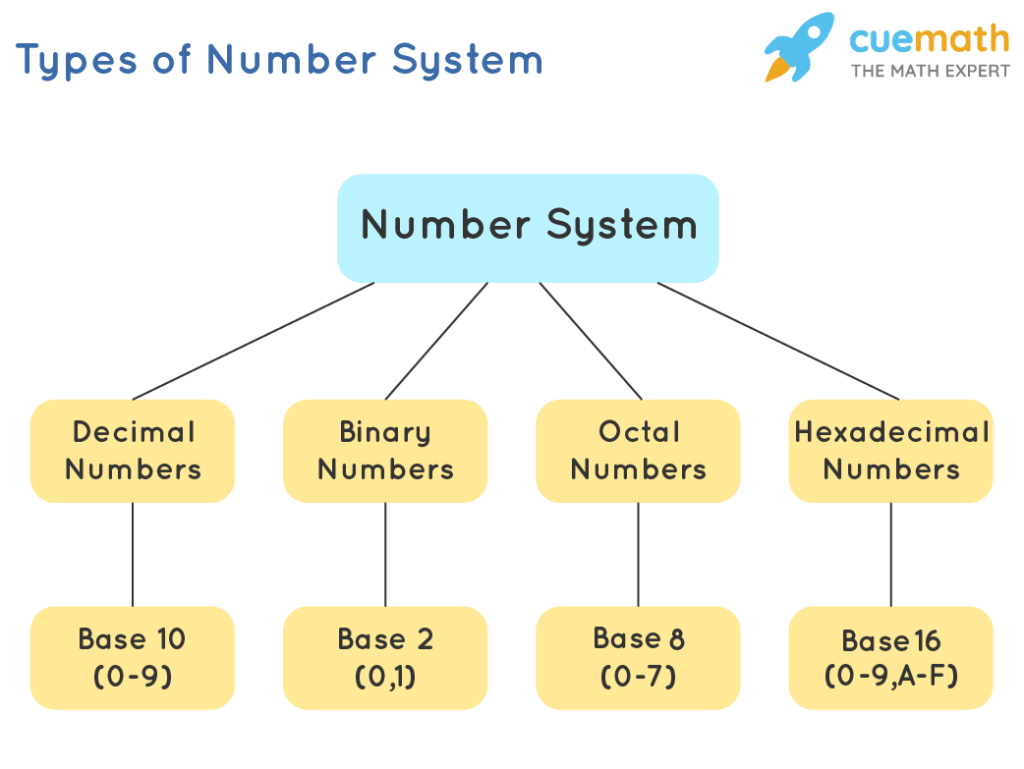
Counting is a fundamental aspect of human civilization, and the way we count—using a base 10 number system—is deeply ingrained in our culture and society. But have you ever wondered why we count in base 10? In this article, we’ll explore the origins of our number system and the advantages it offers.
Origins of Base 10
The use of a base 10 number system can be traced back to ancient civilizations, particularly the Sumerians and Babylonians. These early civilizations likely adopted base 10 counting due to the number of fingers we have on our hands. The convenience of using our fingers for counting made base 10 a natural choice for early humans.
As civilizations evolved, the base 10 system became more standardized and was adopted by cultures around the world. Today, it is the most widely used number system, forming the basis of our everyday calculations and mathematical concepts.
Advantages of Base 10
- Ease of Use: One of the primary advantages of base 10 is its ease of use. Our familiarity with counting on our fingers makes base 10 intuitive and accessible, even for young children. This ease of use has contributed to the widespread adoption of the base 10 system.
- Alignment with Powers of 10: Another advantage of base 10 is its alignment with powers of 10. In base 10, each digit’s value is 10 times greater than the digit to its right. This makes it easy to understand and perform calculations involving powers of 10, such as converting between different units of measurement (e.g., meters to kilometers).
- Compatibility with Mathematics: Base 10 is well-suited for performing mathematical operations, particularly addition and multiplication. The system’s alignment with powers of 10 makes it easy to perform calculations involving multiple digits, leading to efficient and accurate results.
- Cultural and Historical Significance: Base 10 has deep cultural and historical significance, making it a familiar and comforting number system for many people. Its widespread use in various aspects of life, from mathematics to commerce, further reinforces its importance in our society.

Alternative Number Systems
While base 10 is the most commonly used number system, it is not the only one. There are several alternative number systems, including base 2 (binary), base 8 (octal), and base 16 (hexadecimal), each with its own advantages and applications.
For example, base 2 (binary) is used in computer science and digital electronics due to its compatibility with the binary nature of electronic circuits. Base 16 (hexadecimal) is used in programming and digital communication as a compact way to represent binary data.
Conclusion
While there are alternative number systems, base 10 remains the cornerstone of our numerical understanding, serving as a testament to the enduring legacy of our ancient counting methods.
Read similar posts…
- The Silent Thief: How Sleep Deprivation Wreaks Havoc on Your Body
- Learn How To Use Pivot Table Free Here
- Power Up Your Play: Best Gaming Laptops in 2024
- Protecting Your Privacy: Tips to Avoid Falling Victim to WhatsApp Hacks


